Note: This article’s statistics come from third-party sources and do not represent the opinions of this website.
Pets are a ubiquitous part of our lives. They are our hunting companions, friends, and guardians. Our relationship with canines has been thousands of years in the making. Today, 378 different breeds exist, fulfilling many different roles. Every country has contributed to the development of domestic dogs. They also have varying relationships with their pets.
The South African pet industry statistics reflect these differences. You’ll see many similarities between the markets in this country and the United States. Others represent the various influences each of these places has on pets and their owners. Let’s check them out.




(New24, Statista)
The South African pet market is worth a respectable $38,578,992. The humanization of the industry hasn’t escaped this country. We love our animal companions, no matter where you reside. By comparison, the US industry raked in a whopping $147 billion for the same year.
(Global Pets)
South Africa faced many of the same challenges other countries endured post-pandemic. While pet ownership may have increased during its scourge, it leveled off once the world settled down and took a collective deep breath. Inflation also reared its ugly head, forcing many to make difficult choices that sometimes involved pet ownership.
(Global Pets)
Red tape and regulation seem to be a global issue and sometimes a barrier to innovation. The South African pet food industry is no different. It’s a situation where animal welfare concerns are a formidable force, as they want to ensure that each product gets their pet food formulation reviewed and verifies nutritional claims. We understand the motivation, and it’s essential. But sadly, it’s hampered by using paperwork instead of online or digital fulfillment. What should be a 4-month process is taking far longer.
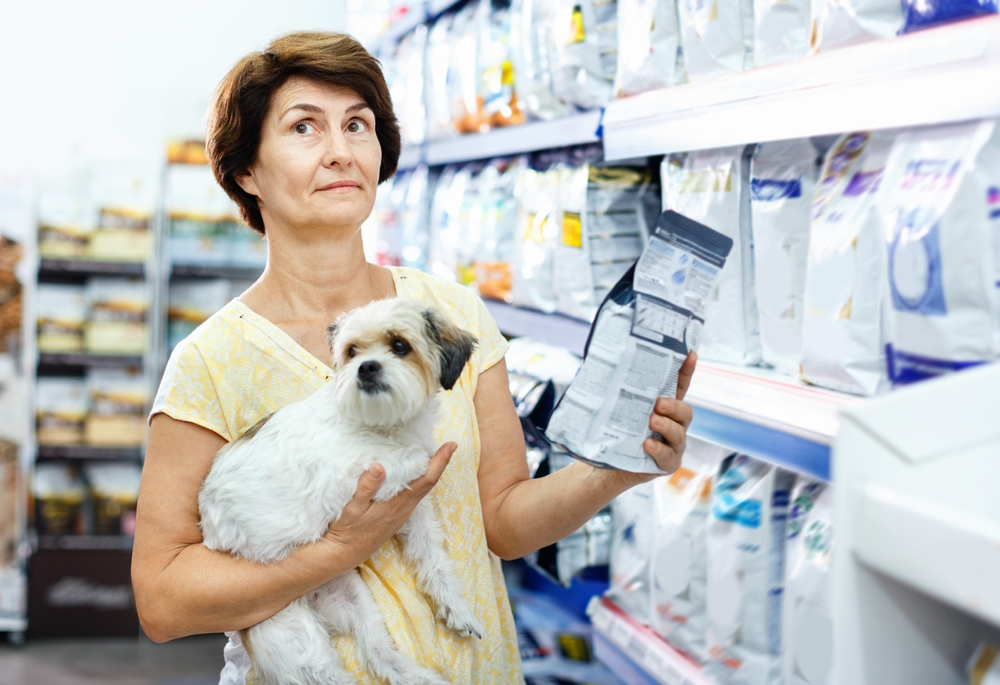

(News24)
The situation in South Africa wasn’t much different than in other countries. This fact puts the figure we cited earlier in context. The pandemic made people lonely without the usual contact they’d have with others. Individuals met their need for companionship by finding it with pets. That, in turn, fueled the industry.
(Pet Health Care)
Veterinary care is imperative for your pet’s good health. However, it comes at a price. The average cost in South Africa for an annual exam is about $38. That’s not out of line when you consider what’s done during the visit. Your pet may get updated on their vaccinations, get annual tests completed, and get a current health assessment. It’s worth the vet’s time and your animal companion’s quality of life.
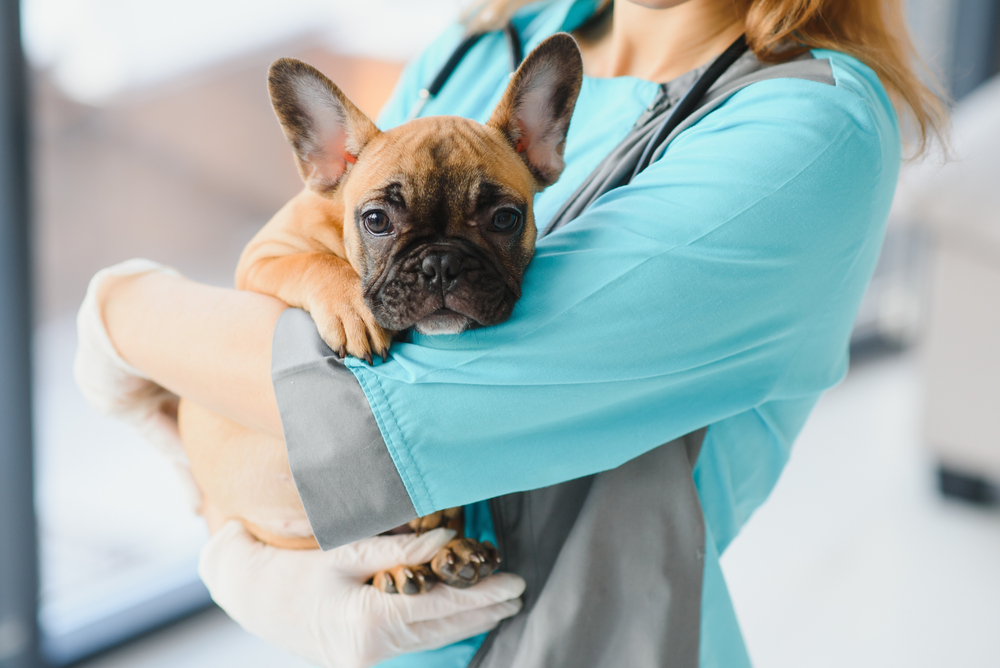



(Statista)
This statistic probably interests manufacturers more than any other on our list. Frankly, it surprised us, given the humanization of the market. It also speaks to the effective advertising messages sellers may use. Sadly, not all of the claims made by these companies are true, requiring pet owners to vet any product with outlandish claims. As Carl Sagan said, “Extraordinary claims require extraordinary evidence.”
(TGM Research)
Not surprisingly, veterinary services make up the greatest portion of revenue and usage among pet owners. This sector has endured its share of cost increases. Unfortunately, we all bear the price. Nevertheless, veterinary care is imperative for your pet’s health. Remember that preventive care is more affordable than trying to fix a problem later on.
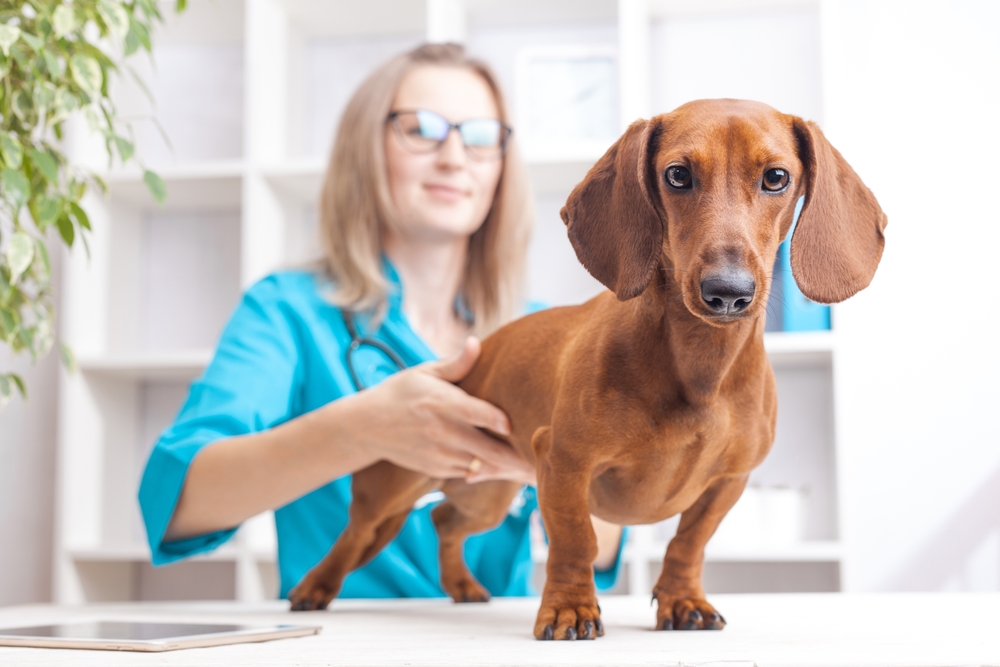

(TGM Research)
South Africans want to share their love with more than one pet, as is seen in most countries. However, it’s worth noting that the figure includes other animals, such as tropical fish and pocket pets.
(TGM Research)
We understand this breed’s popularity. They are handsome and intelligent animals. However, they are a big commitment. These dogs require lots of mental stimulation and enrichment to be happy, not to mention the dog’s size and their historical use as guardians.
(Why Five Insights)
The difference between dog and cat owners is narrower than what statistics reveal about South Africa. Several factors may influence this figure that go beyond the scope of this article. The stunning takeaway is the broad spectrum between the two numbers.




(Research and Markets)
This statistic isn’t surprising. Pet ownership increased, and the pandemic shaped our relationships with our animal companions in unexpected ways. Our pets morphed into something more as we sought comfort and succor from them while the world fell apart around us. It’s clear that the numbers tell the story.
(Research and Markets)
The increase in pet ownership has far-reaching consequences. Dogs and cats are relatively long-lived, creating a ready market for several years. This optimistic figure reflects the long-term effects on the market that will continue to fuel it.
(Why Five Insights)
This figure is the opposite of what we see in the United States. Some consider pets a luxury, which may play a role. However, it also represents an opportunity for the industry. Undoubtedly, people will share their experiences—and cute pictures—with others. We suspect pet ownership will increase in the future.
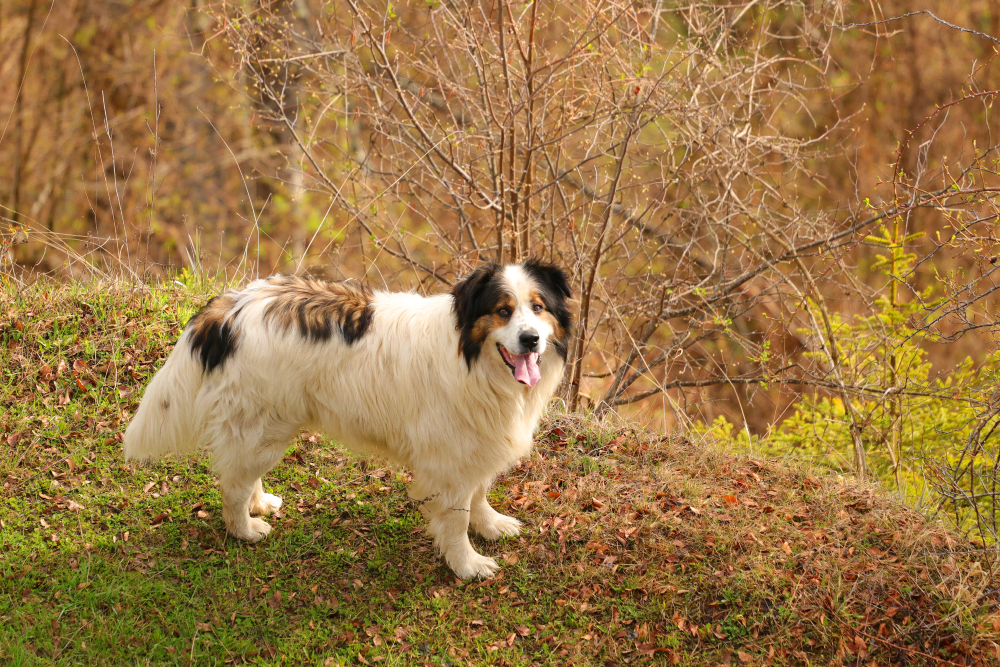

(Why Five Insights)
We liked this statistic, as it confirms the happy image we all have of a child having adventures with their beloved pet. They provide companionship and opportunities to teach responsibility. After all, dogs are often playmates for kids. Both thrive on energy and activity, thus giving pets some much-needed mental stimulation and enrichment.
(News24)
This statistic shows the impact of rising costs on pet ownership. It’s not cheap to support an animal companion. It’s more expensive when they’re larger or live longer. The effect of inflation and rising costs isn’t unexpected but shows a compromise.
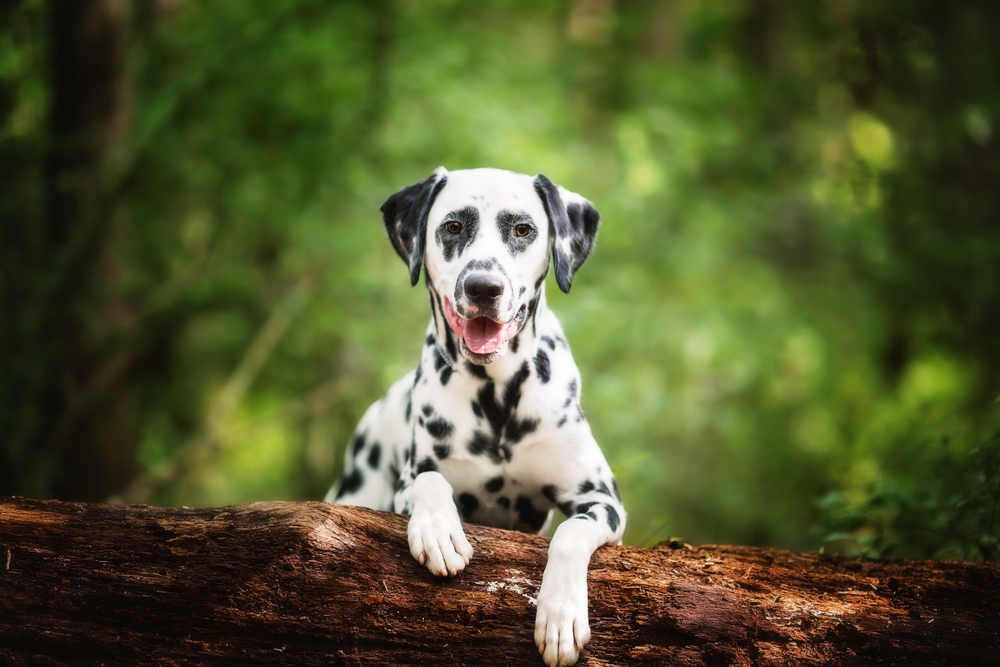



The country falls far below the international standard for the availability of veterinary services at a mere 60–70 vets per million people, while the international standard is 200–400 vets per million.
(Times Live)
Dogs and cats are the main pets people keep. Nevertheless, other animals make up about one-fourth of the market.
(Research and Markets)
The data suggest people own 21.7 million pets in South Africa, but we suspect it’s a conservative figure.
(Global Pets)




The statistics of the South African pet industry mirror what’s been happening in other countries. We love our pets, with more people experiencing their mental health benefits, particularly in the light of the pandemic. But it doesn’t come without a price. These figures show how we share our appreciation for our animal companions with other countries. After all, they bring us a joy that knows no boundaries.
Leave a comment